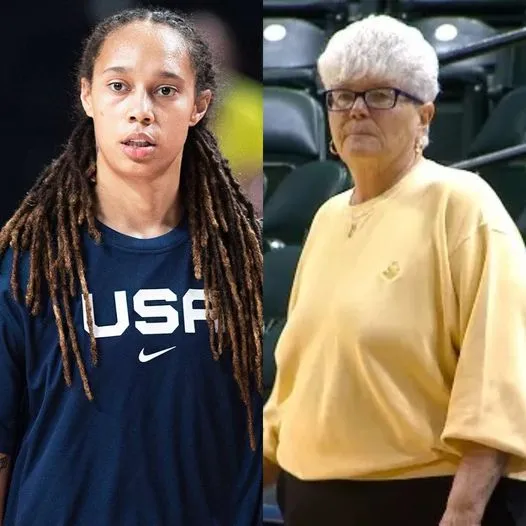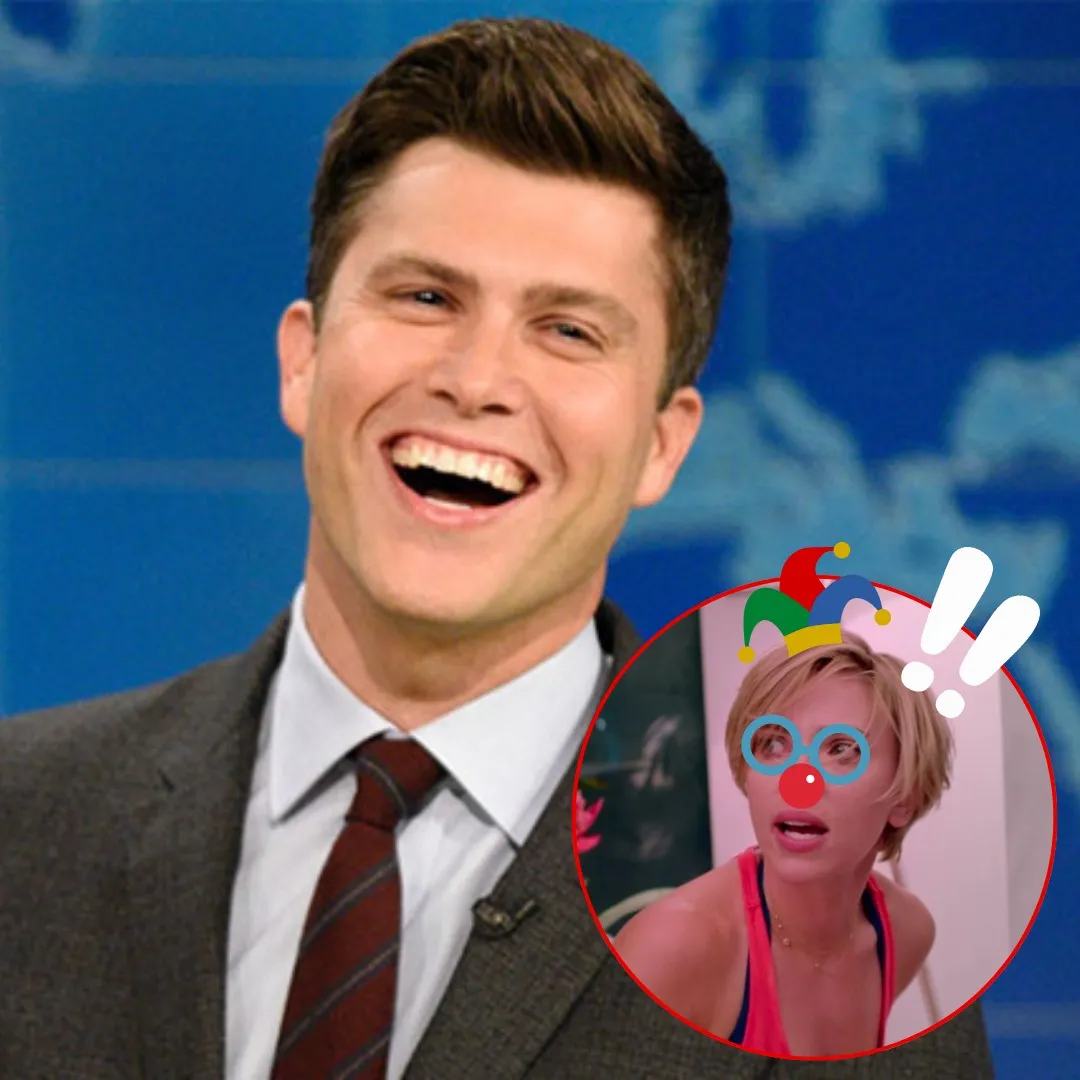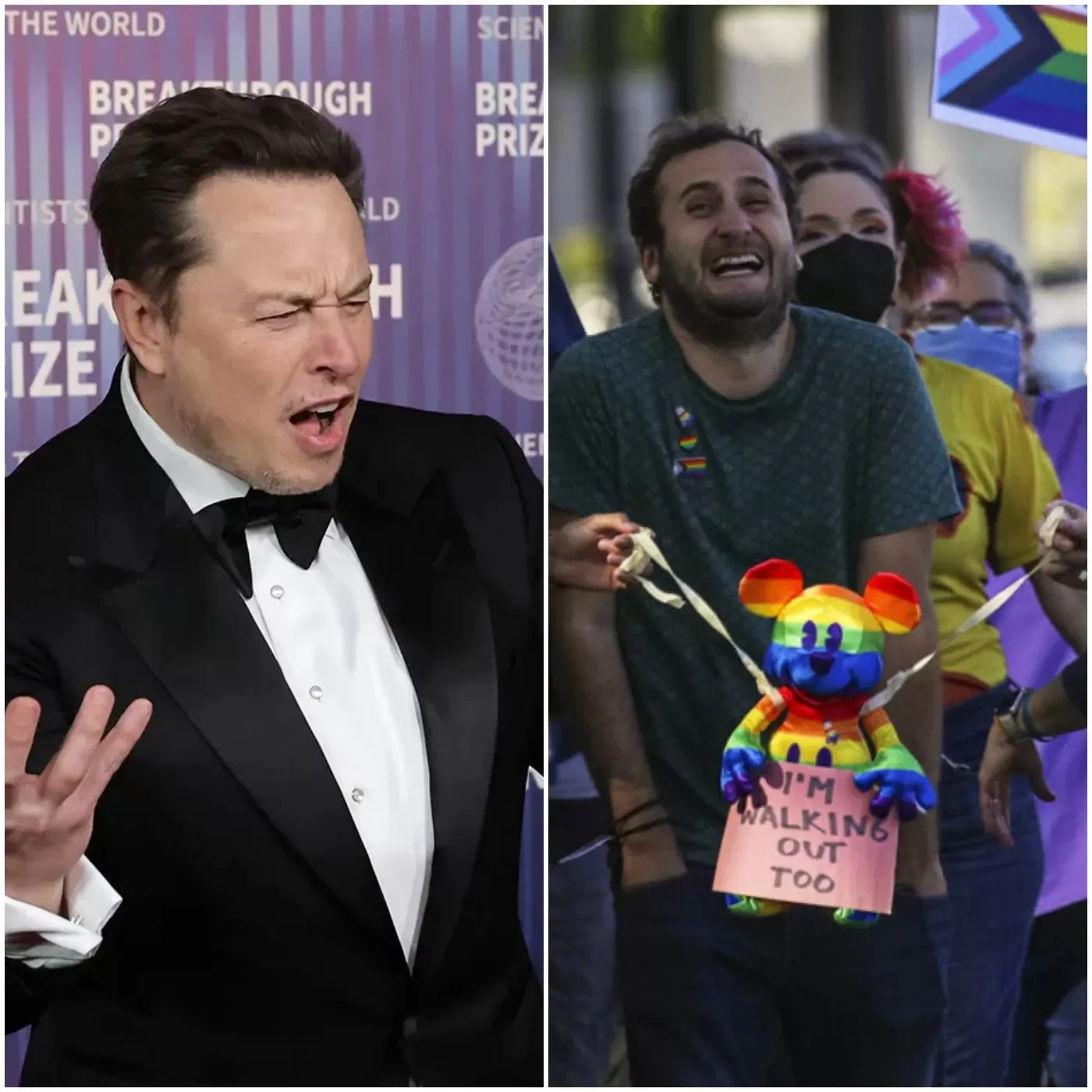
JK Rowling, the world-renowned author of the Harry Potter series, has once again sparked controversy by addressing the intersection of transgender rights and women's sports. This time, her sharp words were directed at Valentina Petrillo, a transgender sprinter who has competed in women’s races. Rowling labeled Petrillo a “cheater,” reigniting debates over fairness in athletic competitions involving transgender athletes.
The controversy stems from Petrillo’s participation in women’s track events despite being assigned male at birth. Critics argue that athletes like Petrillo retain physical advantages from male puberty, making the competition inherently unfair. Supporters of Petrillo and similar athletes counter that their participation aligns with inclusivity and respect for gender identity.
Rowling has long been a vocal critic of policies that, in her view, undermine protections for women and girls. Her comments on Petrillo suggest her frustration with what she perceives as an erosion of fairness in women’s sports. “This isn’t about bigotry,” Rowling reportedly stated in a recent social media post. “This is about defending the integrity of female athletics.”
Petrillo has defended her participation, emphasizing her right to compete as a woman after transitioning. In public statements, she has highlighted the struggles of balancing her athletic career with the challenges of living authentically as herself. Petrillo’s supporters view her as a symbol of resilience and progress for transgender representation in sports.
However, the issue of transgender athletes in competitive sports remains highly divisive. Scientific studies and governing bodies have struggled to agree on policies that ensure both fairness and inclusion. While some argue for testosterone limits as a means to level the playing field, others believe that such measures are insufficient to address the physiological differences shaped during male puberty.

Rowling’s stance has not come without consequences. While some applaud her for standing up for what they see as the preservation of women’s sports, others accuse her of fueling transphobia. Advocacy groups have criticized her rhetoric, calling it harmful to transgender individuals and detrimental to efforts for equality.
The author’s critics point out that her comments often fail to account for the nuances of the issue. They argue that painting athletes like Petrillo as “cheaters” oversimplifies a complex debate and alienates marginalized communities. Many transgender athletes and their allies have voiced disappointment, stating that Rowling’s language exacerbates stigmatization.
At the heart of the controversy lies a broader cultural and political clash over the rights of transgender individuals. Discussions about fairness in sports often extend into debates about legislation, healthcare, and societal acceptance. Rowling’s remarks, however polarizing, reflect the broader tensions between those advocating for inclusion and those prioritizing traditional definitions of fairness.
The issue also raises questions about the role of governing bodies like World Athletics, which establish the rules for international competitions. These organizations have faced immense scrutiny over their policies on transgender participation. Critics argue that inconsistent or vague guidelines contribute to the heated nature of debates like the one involving Rowling and Petrillo.
Supporters of Rowling claim that speaking out against perceived unfairness in sports does not equate to bigotry. They believe her criticisms are rooted in a genuine desire to uphold opportunities for women and girls in athletics. For these supporters, the case of Petrillo represents a broader concern about protecting women’s spaces.
Meanwhile, transgender advocates emphasize the importance of inclusion and equity for all athletes, regardless of gender identity. They argue that barring or heavily restricting transgender athletes from competition sends a harmful message about their value in society. Many believe that there is room for compromise, but only if both sides are willing to engage in respectful dialogue.
As the debate rages on, Petrillo continues to compete, symbolizing the complex intersection of identity and athletics. Her journey as a transgender athlete has become a flashpoint for larger societal debates, and she remains a polarizing figure. Supporters admire her bravery, while critics question her place in women’s sports.

For Rowling, this latest controversy is unlikely to mark the end of her involvement in the issue. Over the years, her public statements on transgender rights have made her a prominent figure in the cultural battle over gender identity. Whether her comments resonate as a call for fairness or are dismissed as divisive rhetoric depends largely on where one stands in the debate.
Ultimately, the situation underscores the ongoing struggle to balance fairness, inclusion, and respect in a rapidly changing world. With emotions running high on all sides, finding common ground remains a daunting challenge. For now, the clash between Rowling and Petrillo serves as a reminder of the complexities surrounding gender, identity, and sports in contemporary society.



